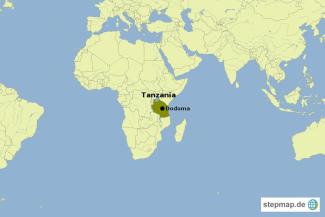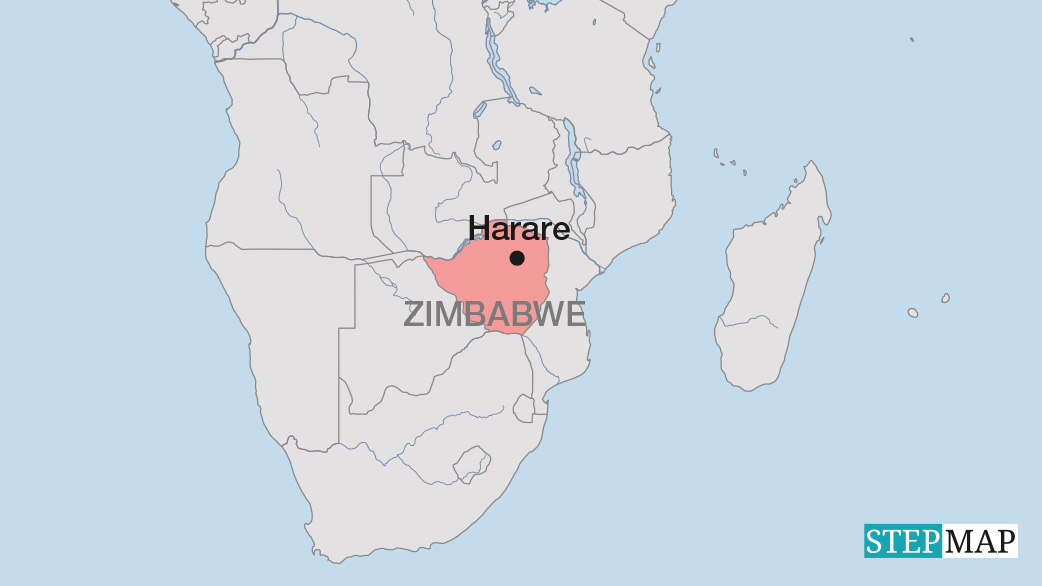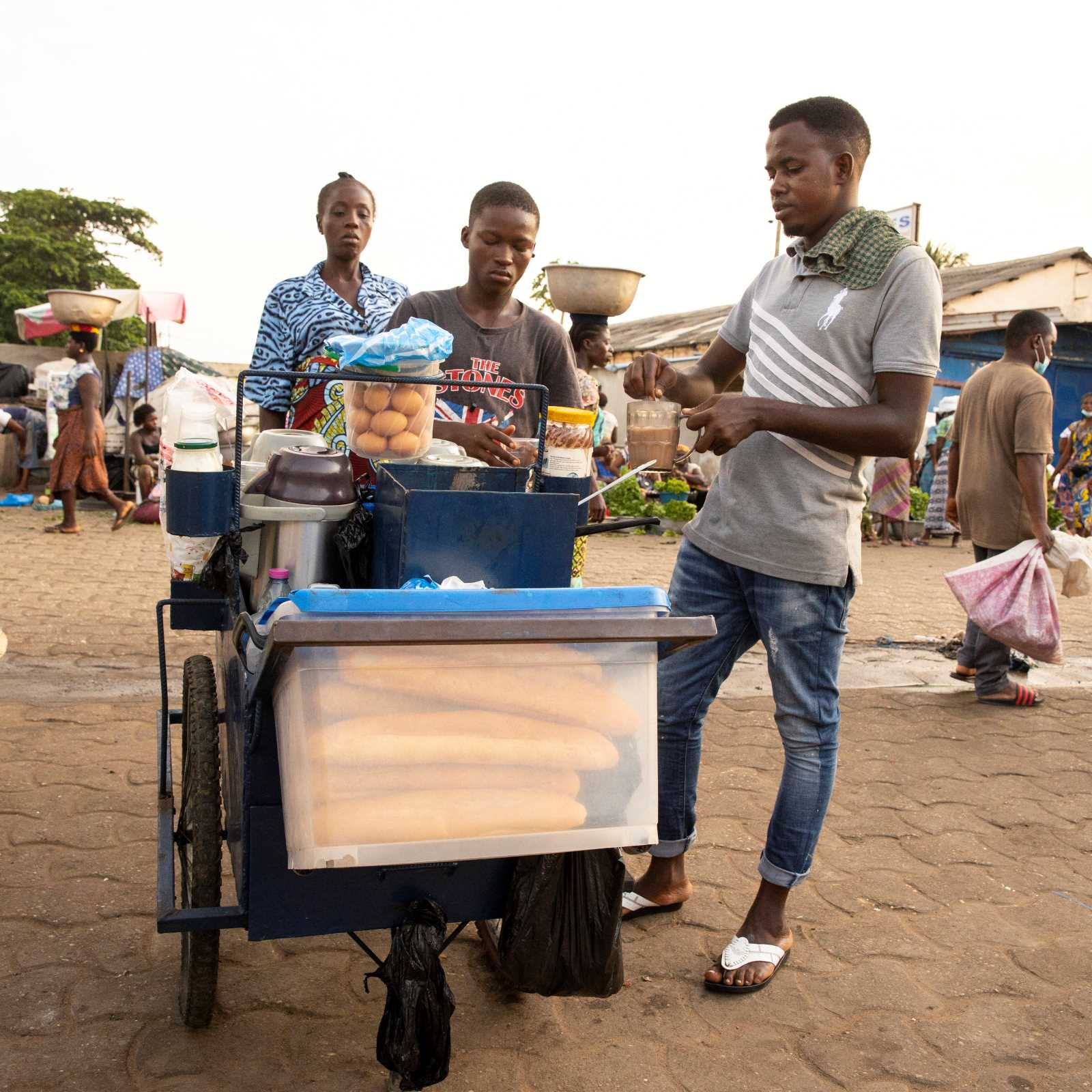Poaching
Elephants and Spider Net

The African elephant population is dwindling fast, as Dune Ives of the civil-society organisation Vulcan warned at the “Elephant Summit” in Botswana in March. According to experts, Kenya and Tanzania in particular are countries where poaching gangs are operating.
However, Tanzania is making a great effort to stop them. In a successful anti-poaching operation dubbed “Spider Net”, some of the bigger traders in ivory were arrested. Several illegal ivory syndicates in Tanzania were crippled. However, the government is now worried that poaching gangs may try to set up new operations in the north of the country, as the south is becoming too hot to operate.
Poverty and ignorance among locals who live near national parks and games reserves are the major causes for continued poaching. A shooter is paid between 5,000 and 10,000 Tanzanian shillings (about 5 US-Dollars) for each kilogramme of elephant tusk. One elephant tusk could weigh up to 15 kg. This seems little money, but it is a lot for poor people in the countryside.
According to a source close to the team operating in the field, “those who take part in poaching are people who live around the game reserves and national parks. They hunt wild animals for a very meagre pay which cannot sustain them long, so they go back to poaching.”
It is innovative that elephant protection no longer relies only on covert and intelligence-led operations, but also includes a publicity and education programme that raises awareness for the hazards of poaching and its adverse impact on the nation’s economy and environment. Moreover, the “Spider Net” focuses less on small poachers, but more on identifying syndicates, arresting and prosecuting as many members as possible.
The current operation is carried out by the National and Transnational Serious Crimes Investigation Unit (Task Force), which is known for its integrity. The task force is under the auspices of the police force and made up of members from various government agencies.
At present, there are more than 40 cases pending in court which involve financiers of the syndicates. The syndicates involved in poaching are financed by individuals who themselves do not partake in the killing of animals but simply facilitate the exercise from behind the scenes. Even a large Pentecostal Church was found to be involved in coordinating, storing and transporting ivory and arms.
Kilasa Mtambalike is journalist and editor at the Tanzania Standard.
kmtambalike@yahoo.com
Links:
Elephants without borders:
http://www.elephantswithoutborders.org/
TRAFFIC – Wildlife Trade Monitoring Network:
http://www.traffic.org/













